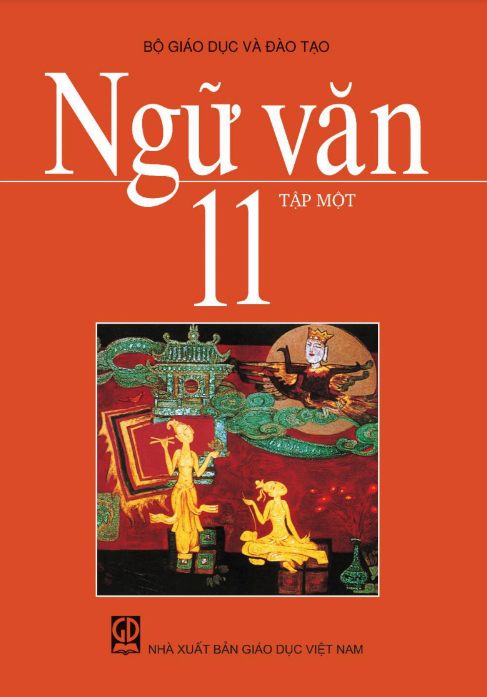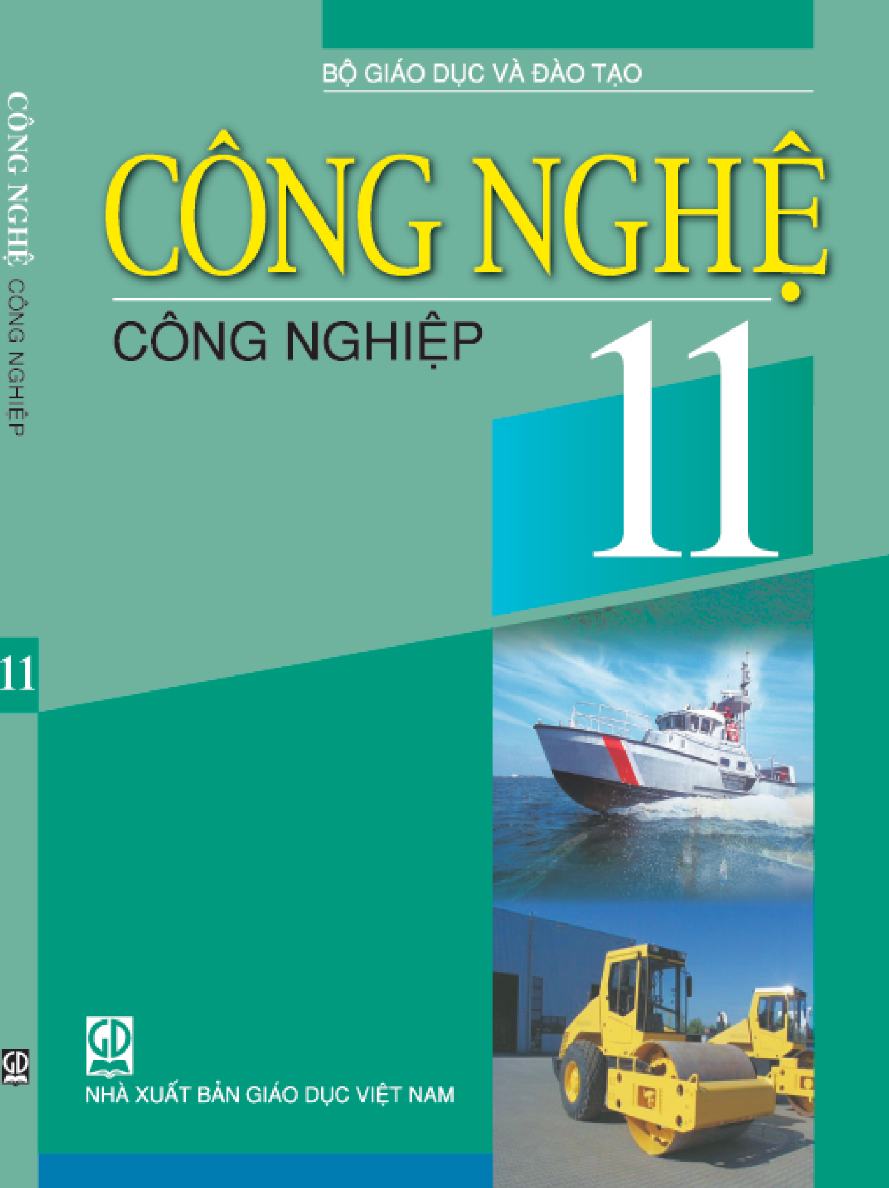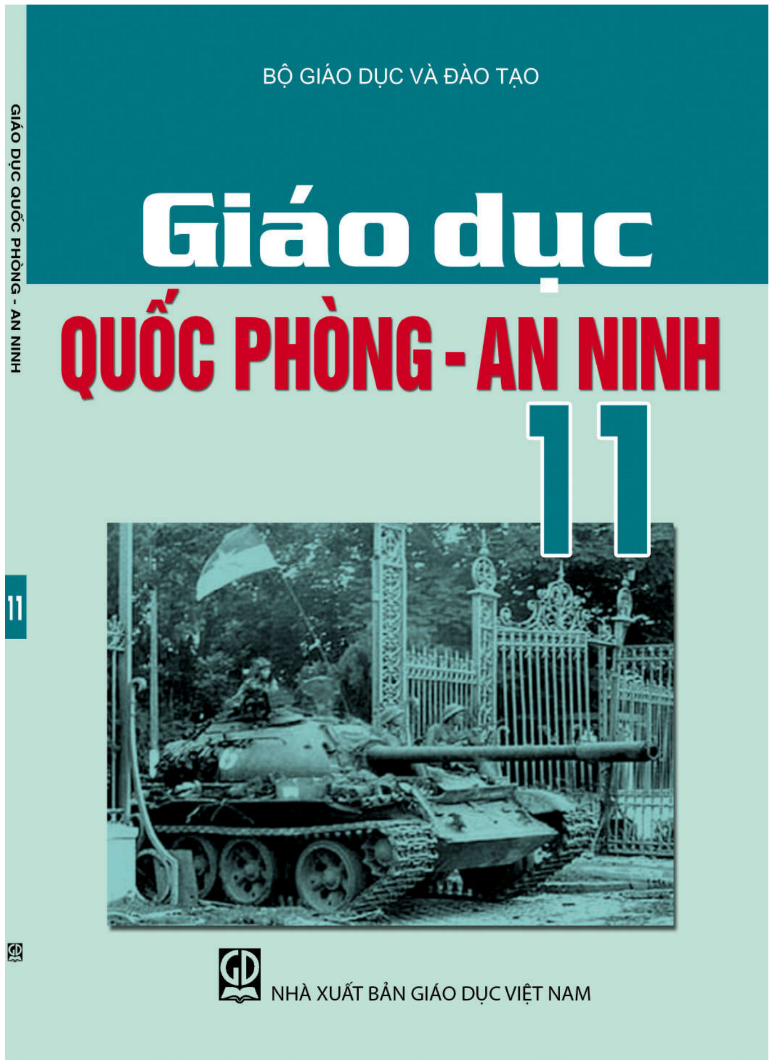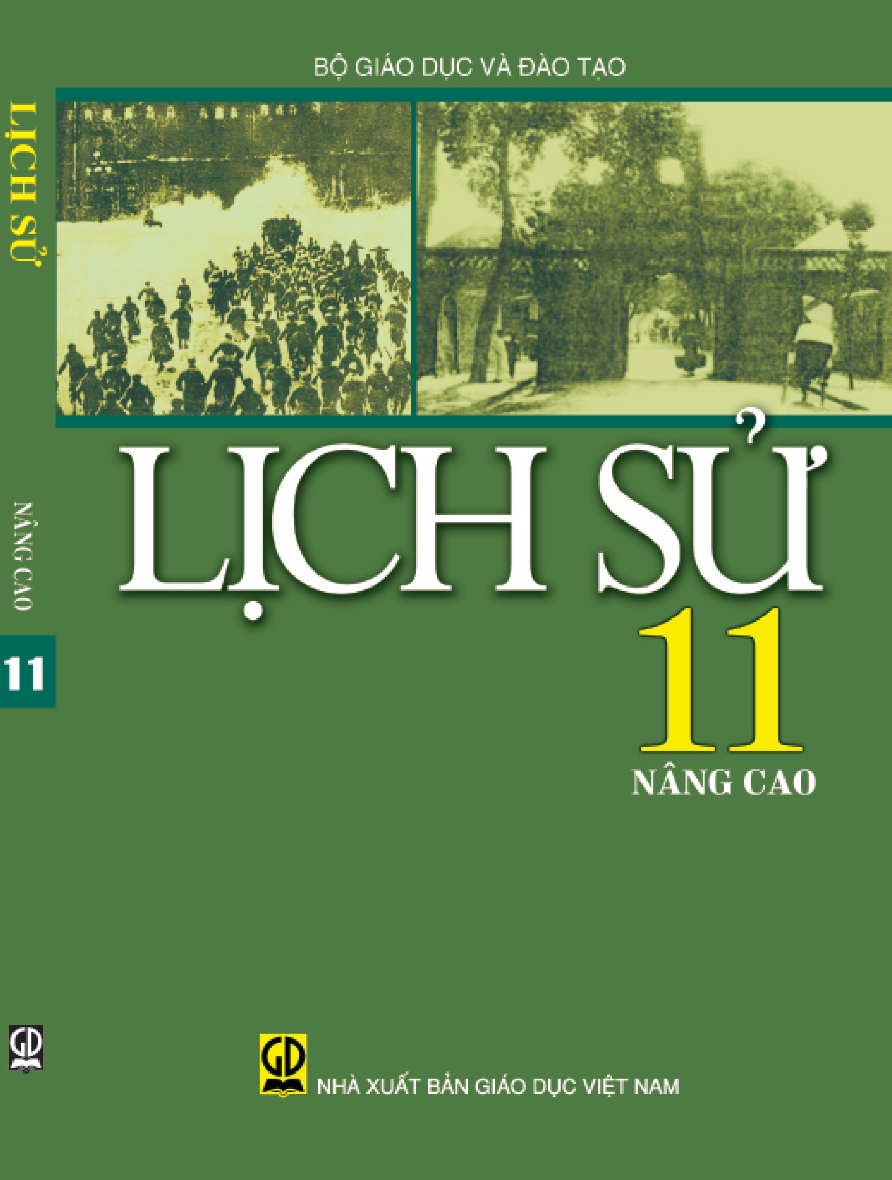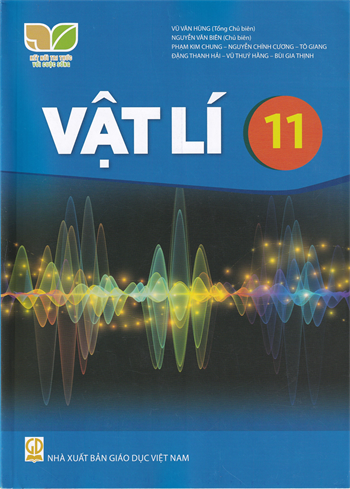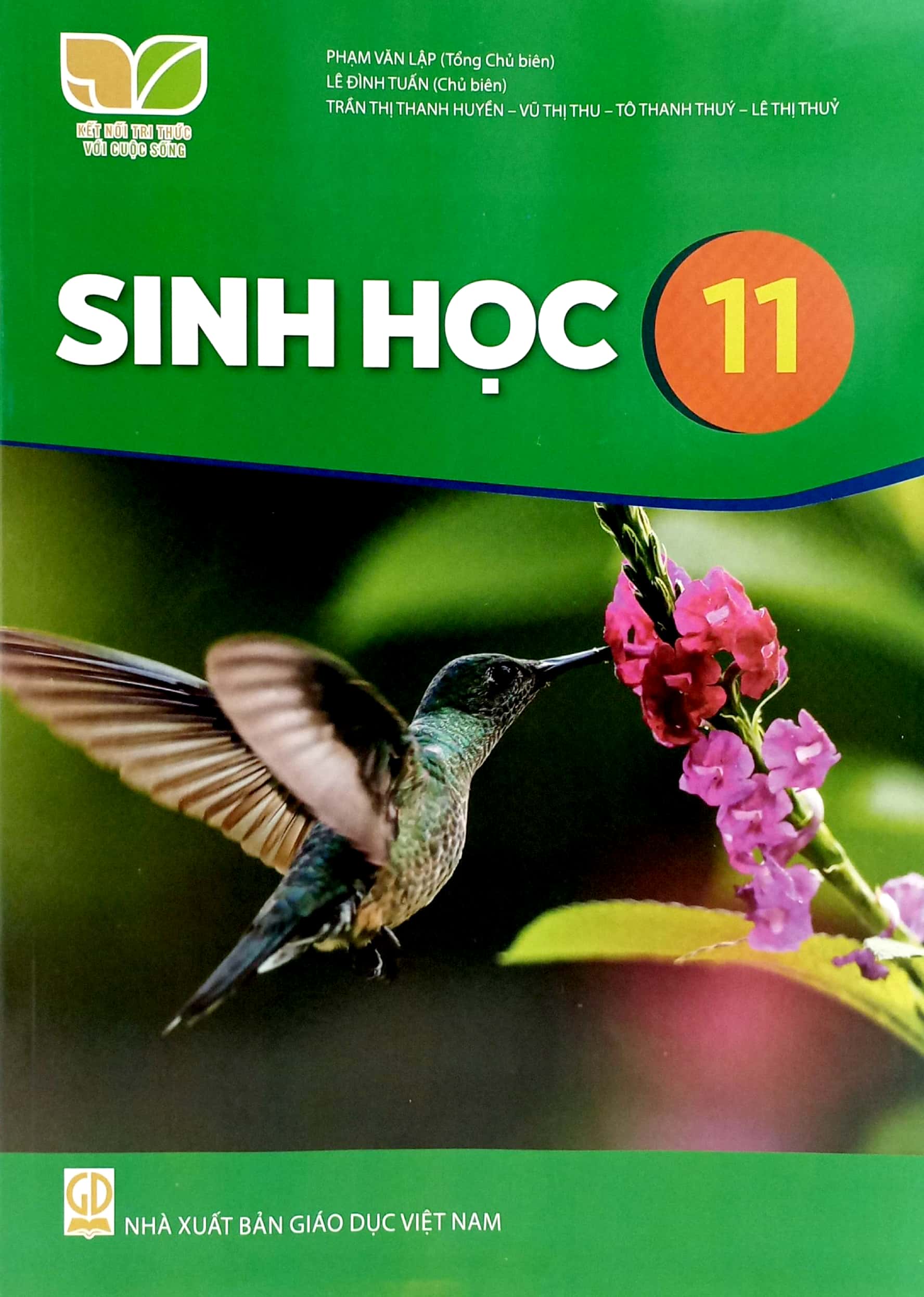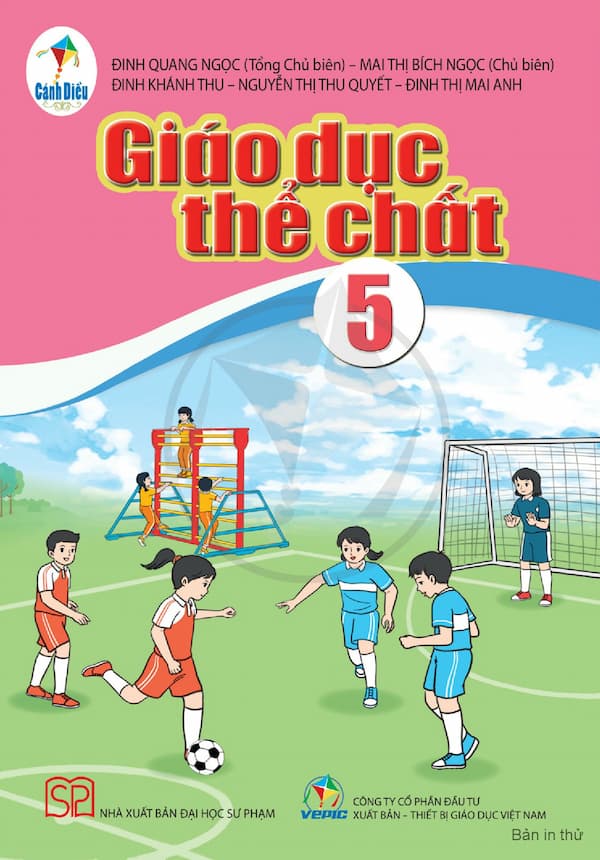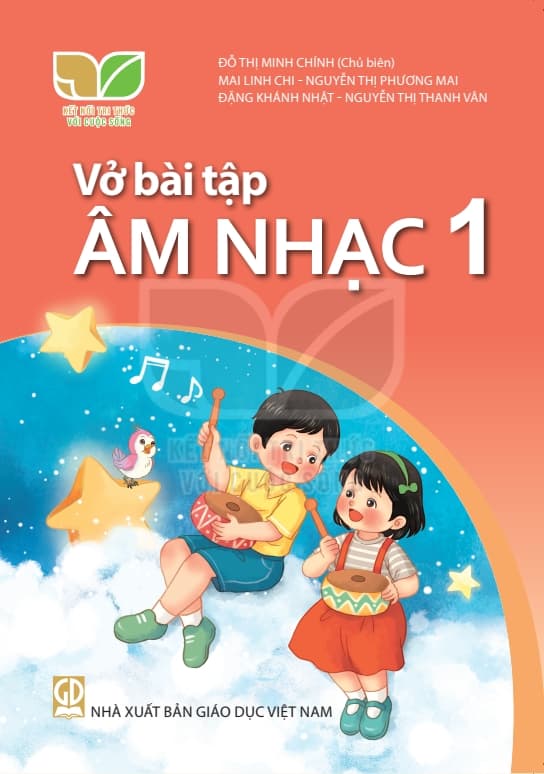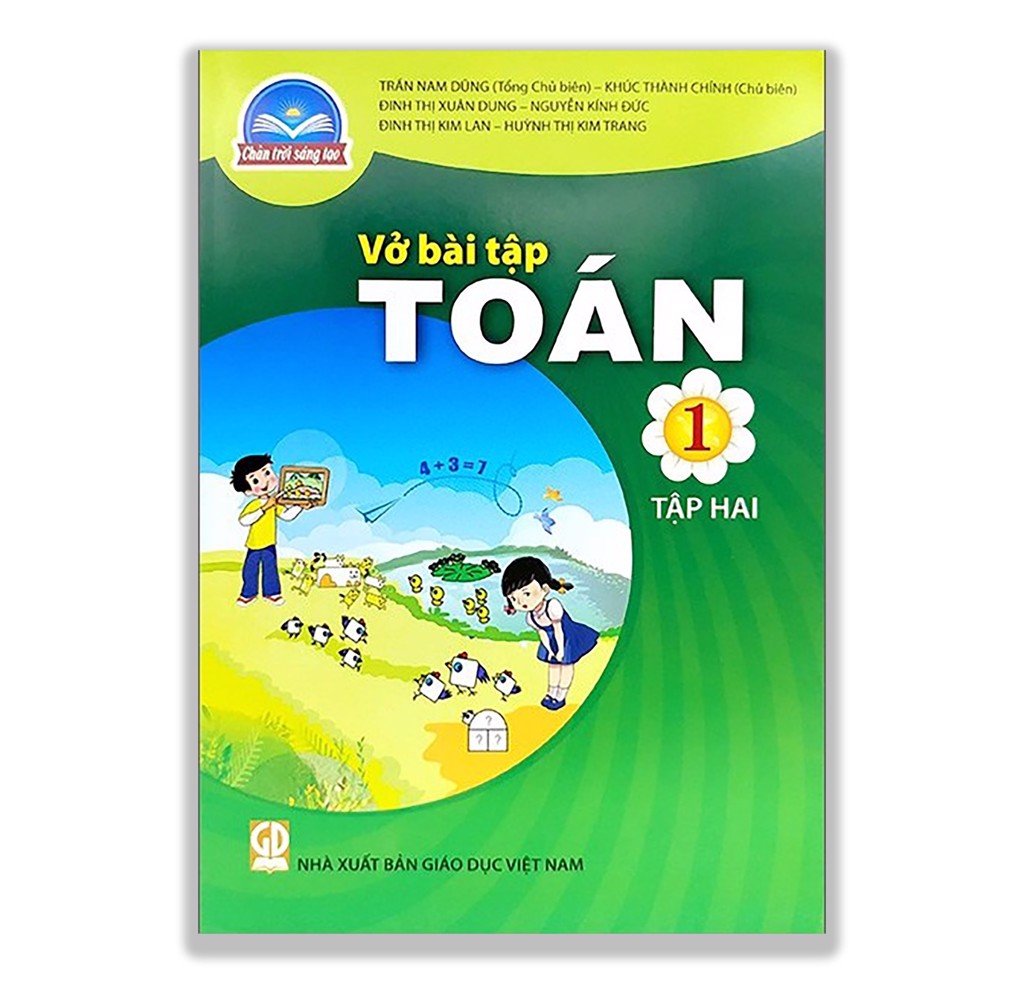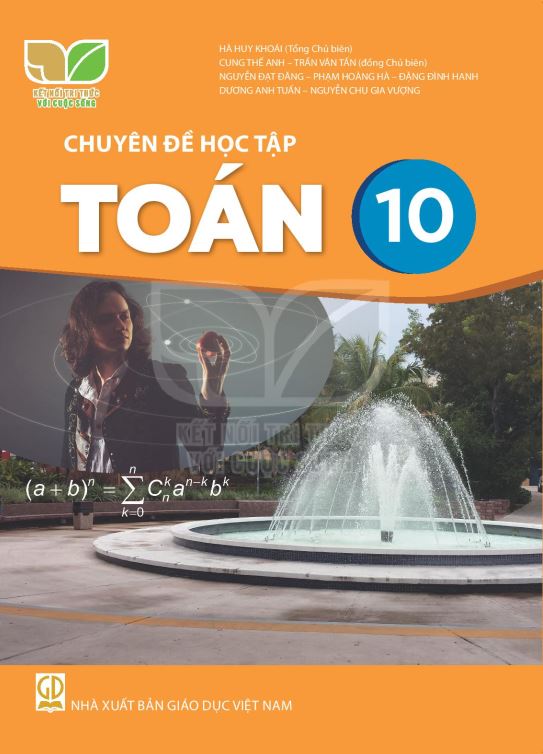(Page 87)
II. LANGUAGE
Pronunciation
Intonation in invitations, suggestions, and polite requests
💡Remember!
We usually use fall-rise intonation in invitations, suggestions, and requests. This intonation pattern makes the questions sound friendlier and more polite.
1. Listen and repeat. Pay attention to the fall-rise intonation  in the following sentences. 🎧
in the following sentences. 🎧
1. Would you like a cup of tea? 
2. Why don't you answer your phone? 
3. Would you like me to help you install the software? 
4. Can you show me the money-management app you told me about? 
2. Listen and pay attention to the fall-rise intonation ( ) in the following sentences. Then practise saying them in pairs. 🎧
) in the following sentences. Then practise saying them in pairs. 🎧
1. Shall we now talk about other learning methods?
2. Could you please pay attention when I'm talking to you?
3. Why don't we use public transport to go to school?
4. Would you like to join our cooking course?
(Page 88)
Vocabulary
Teens and independence
1. Match the words with their meanings.
| 1. self-motivated (adj) | a. a skill that is necessary or extremely useful to manage well in daily life |
| 2. self-study (n) | b. to succeed in dealing with something, especially something difficult |
| 3. manage (v) | c. a belief that someone is good, honest and reliable, and will not harm you |
| 4. trust (n) | d. the activity of learning something by yourself without teachers' help |
| 5. life skill (n) | e. able to do or achieve something without pressure from others |
2. Complete the sentences using the correct form of the words in 1.
1. We have great _____ in our parents and teachers.
2. Teenagers should learn basic _____, such as cooking a meal and using a washing machine.
3. My brother signed up for a _____ computer course.
4. It is important for us to learn how to _____ our time and money.
5. His parents don't have to force him to study hard as he is highly _____.
Grammar
Cleft sentences with It is/was... that/who...
💡Remember!
• A cleft sentence is used to focus on a particular part of the sentence and to emphasise what we want to say.
• We use preparatory It to introduce the thing that we want to focus on while the rest is put in a relative clause introduced with a relative pronoun, e.g. that or who.
Example:
Nam taught Mai how to use the app in the library last weekend. (no particular focus)
- It was Nam that/who taught Mai how to use the app in the library last weekend. (focus on Nam)
- It was the app that Nam taught Mai how to use in the library last weekend. (focus on the app)
- It was in the library that Nam taught Mai how to use the app last weekend. (focus on the library)
- It was last weekend that Nam taught Mai how to use the app in the library. (focus on last weekend)
1. Rewrite the sentences using cleft sentences focusing on the underlined parts.
1. John is saving his pocket money to buy a new phone.
-> It ___________ to buy a new phone.
2. He gets 20 dollars every week by doing chores around the house.
-> It ___________ by doing chores around the house.
3. John earned more pocket money by helping his grandpa last weekend.
-> It ___________ more pocket money by helping his grandpa.
4. He bought gifts for his friends and family members with his pocket money.
-> It ___________ he bought with his pocket money.
5. Teenagers can earn pocket money by doing part-time jobs.
-> It ___________ can earn pocket money.
(Page 89)
2. Work in pairs. Ask and answer questions about the chores you and your family members do at home. Use cleft sentences.
Example: A: Is it you who does the cooking at home?
B: Yes, it is me who does the cooking./No, it is my mum who does the cooking.
